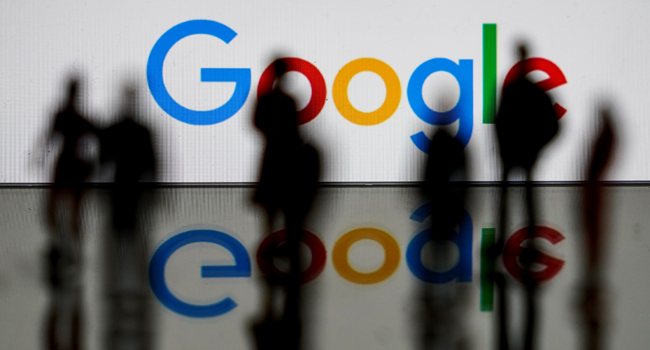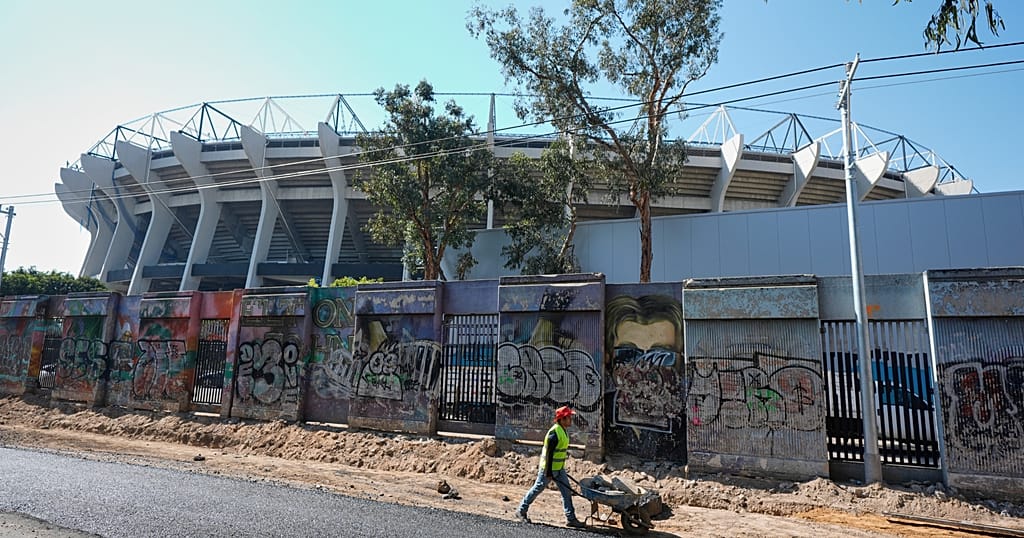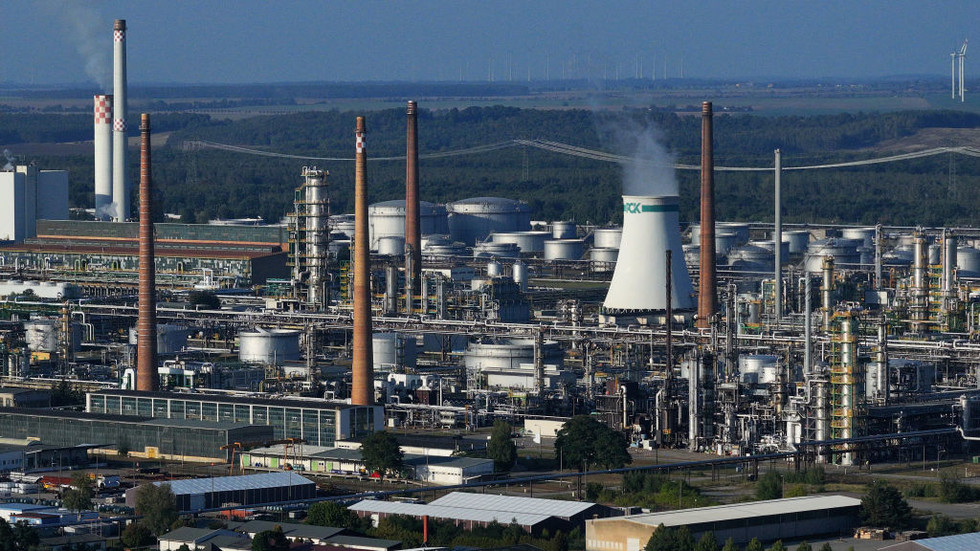The African Democratic Congress (ADC) has raised alarms over what it describes as politically motivated investigations targeting opposition figures by Nigeria’s Economic and Financial Crimes Commission (EFCC), escalating tensions ahead of the 2027 general elections. The critique follows the arrest of former Sokoto State Governor and current Senator Aminu Tambuwal, questioned on Monday over alleged misappropriation of ₦189 billion ($128 million) during his tenure from 2015 to 2023.
In a statement, the ADC accused the EFCC of selectively pursuing opposition leaders, citing reopened investigations into Tambuwal, ex-Senate President David Mark, and former Imo State Governor Emeka Ihedioha. The party alleged that cases against members of the ruling All Progressives Congress (APC) were dropped once they joined the party. “The EFCC now operates like a department of the APC,” said ADC spokesperson Mallam Bolaji Abdullahi, calling for urgent reforms to safeguard democracy.
Former Vice President Atiku Abubakar, a key figure in the EFCC’s establishment, echoed these concerns, claiming anti-corruption efforts were being weaponized to coerce opposition figures into joining the APC. In a social media post, Atiku warned that such practices risked entrenching a “one-party dictatorship.” His media aide, Paul Ibe, accused President Bola Tinubu’s administration of employing state institutions to intimidate critics, labeling the situation a “civilian dictatorship worse than military rule.”
The Obidient Movement, a political group linked to the 2023 Labour Party presidential campaign, also condemned the government. Its interim leader, Dr. Yunusa Tanko, accused Tinubu of undermining constitutional freedoms and urged international observers to monitor Nigeria’s democratic health. Tanko emphasized grassroots organizing to counter what he termed “selective justice,” referencing unresolved cases involving APC figures like ex-Kogi State Governor Yahaya Bello.
Public affairs analyst Nduka Odo highlighted skepticism around the EFCC’s credibility, questioning the timing of Tambuwal’s arrest after his defection to the ADC. He cited past remarks by APC leaders suggesting political alignment dictates legal scrutiny. “Once you join the APC, your sins are forgiven,” Odo remarked, urging reforms to depoliticize the commission.
The EFCC has not publicly responded to the allegations. However, the growing scrutiny underscores deepening concerns over institutional independence in Nigeria’s electoral landscape, with opposition groups vowing to resist perceived attempts to stifle dissent. As the 2027 polls approach, the polarization risks further eroding public trust in governance frameworks central to Africa’s most populous democracy.



